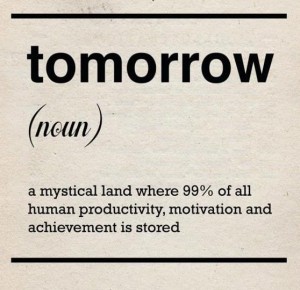I distinctly remember when I was a kid my mother told me never to use artificial sweeteners or aspartame as its also known and my first reaction was “Why?”. Aren’t aspartame and sugar the same thing? They taste the same and they have the same sweetening effect so what makes them different? Well for one aspartame is created by humans meaning it’s chemically engineered in a Equal lab somewhere in the world versus real sugar which is harvested directly from a natural source: Sugar Canes. One of the biggest discussions of our era is whether these artificial sweeteners actually cause/lead to health problems in the future.
An article written by The Mayo Clinic says otherwise, in the article they list some pros of aspartame like for example how it is actually sweeter than real sugar and contains little to no calories and some cons such as how a study conducted on labs rats showed that saccharin(a component of aspartame) lead to bladder cancer in rats. Yet even among those cons researchers have stated that there is no legitimate scientific evidence to prove that aspartame is actually harmful to the human body. Now while this isn’t a pass on aspartame(since there could be potentially long-term consequences) we can all rest a bit easier that after evidence-based research was done with the conclusion that aspartame is no more harmful to the body than sugar.
According to an article by The American Cancer Society aspartame is synthesized using two amino acids aspartic acid and phenylalanine. The article refers to aspartame as being about 200 times sweeter than sugar meaning simply that you would get more sugar with less calories, likewise the ACS has the duty to determine if this substance is a carcinogen or a cancer-causing agent and from multiple tests and studies performed both on animals and humans they have determined that there is no sign of increased cancer in those who use aspartame over sugar. At the same time aspartame was reported to cause headaches, dizziness, nausea, and digestive problems but none of these have been scientifically linked to aspartame itself. So all in all we can conclude that aspartame is not really as harmful as people make it out to be and that the people telling you it is are probably relying solely on Hypothesis-Base Testing over Evidence-Base Testing.






